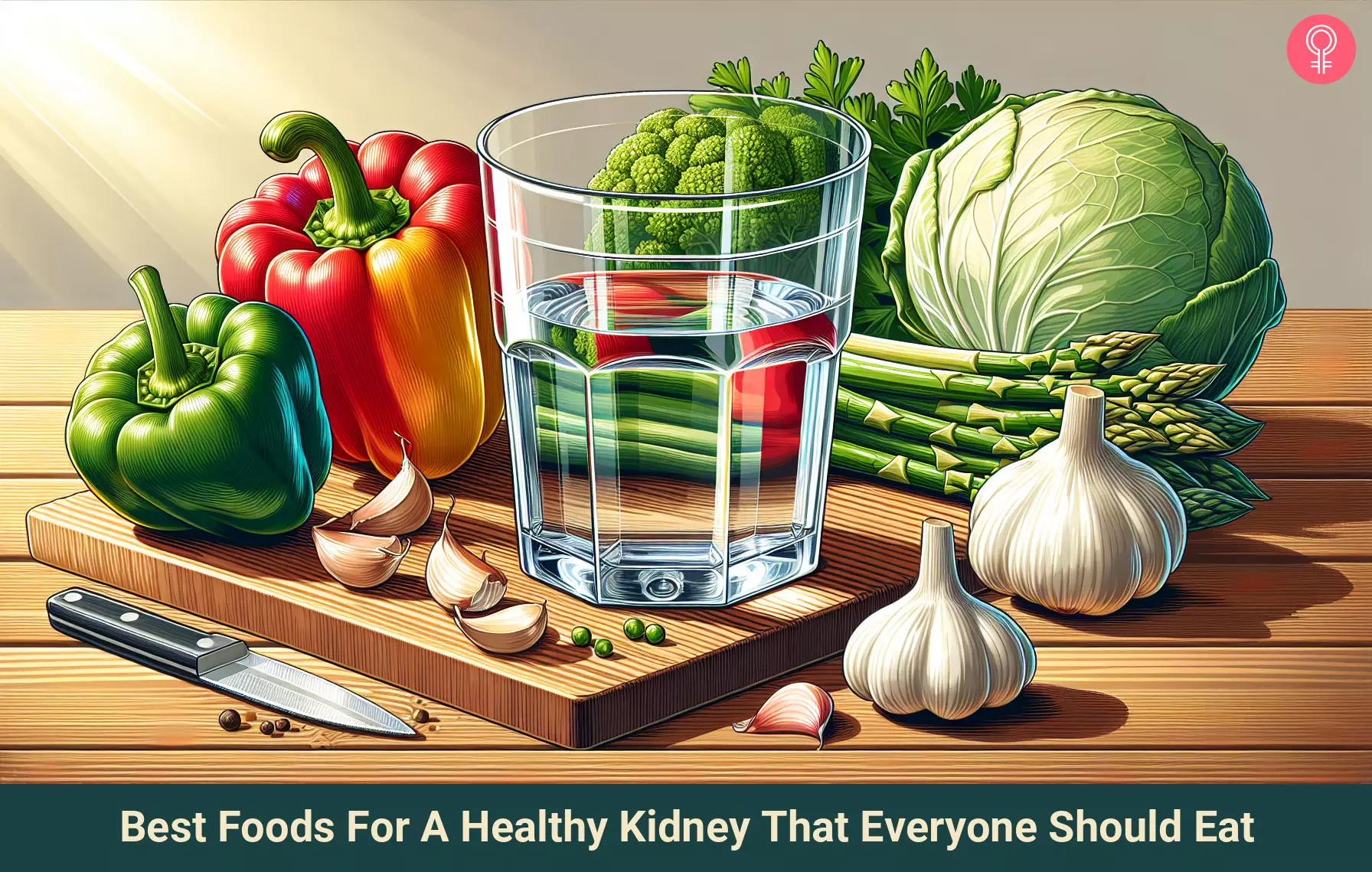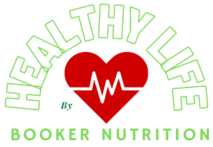Here are the top five ways to take the best care of your kidneys and prevent kidney disease:
1. Maintain a Healthy Diet
A balanced diet is crucial to healthy kidneys, so try to incorporate fruits, vegetables, whole grains, and lean proteins into your daily meals. Foods high in antioxidants help the kidney’s function, so berries, spinach, nuts, and beans are all great choices.
Avoid foods that are processed and high in sodium. “Stay at 2,300 milligrams per day or less of sodium intake,” Gilligan says, “because eating a lot of salt can put extra-stress on the kidneys and cause high blood pressure and other issues.”

2. Stay Active
Regular physical activity helps to improve blood flow to the kidneys and reduces inflammation. It also helps prevent certain conditions that can harm the kidneys, such as diabetes, hypertension, and obesity.
Aerobic activities such as walking, jogging, swimming, and bicycling are all options to get your blood pumping and keep your kidneys happy. Talk with your doctor before starting a new exercise program.
3. Avoid Tobacco and Limit Alcohol
Smoking tobacco is very hard on your kidneys. It contributes to high blood pressure and atherosclerosis, which is the development of plaque in your arteries. This can cause reduced blood flow to the kidneys, which impairs their ability to effectively filter waste, leading to a buildup of toxins in the body. Smoking also increases the risk of kidney cancer and other health issues such as kidney stones, urinary tract infections (UTI), and excessive amounts of protein in the urine.
“Any time you’re harming other organs in the body like the lungs or the heart by doing things like smoking, the kidneys take a hit,” Gilligan says.
Drinking large amounts of alcohol can hinder the kidneys’ ability to filter toxins from your blood and raise your blood pressure. Heavy alcohol use can lead to liver disease, which makes your kidneys’ job harder. Regular heavy drinking doubles the risk for kidney disease.
The Centers for Disease Control and Prevention (CDC) recommends limiting your alcohol consumption to two drinks or less per day for men, and one drink or less per day for women.
Hydration helps the kidneys flush out toxins and waste products from your body in the form of urine. Severe dehydration can lead to kidney damage, so be sure to drink plenty of water throughout the day, especially during exercise or hot weather.
Gilligan recommends monitoring the color of your urine to determine your hydration status. If it is clear or light yellow, you are adequately hydrated. If it’s dark yellow, you’re probably dehydrated. Staying hydrated can also help prevent kidney stones and UTIs.
5. Regular Health Screenings
Staying on top of your health is crucial to preventing kidney disease. Regular checkups with your doctor can help you determine if there are any lifestyle changes you need to make to control common kidney disease comorbidities.
Diabetes and high blood pressure are the top two leading causes of kidney disease, so regularly monitoring those conditions as well as things like body mass index (BMI) and cholesterol levels can help you and your doctor know if you are at risk for developing kidney disease or one of the common comorbidities.
If you are worried about kidney disease, Gilligan recommends taking a quiz on the National Kidney Foundation website that can determine if you have risk factors. If you are at risk for developing kidney disease, your doctor will perform blood and urine tests to get a definitive answer.
Ultimately, a lifestyle that includes a balanced diet, adequate hydration, exercise, and regular checkups will you help keep your kidneys (and the rest of your body) happy and healthy for the long-term.
Foods To Avoid
- Nuts and seeds
- Peanut butter
- Lentils
- Dried beans
- Bananas
- Spinach
- Red meat
- GMOs
- High-sodium foods
- Dairy
- Artificial sweeteners
- Caffeine
- Carbonated beverages
- Chicken with skin
- Tomato
- Breakfast cereal
- Wild and brown rice
- Canned or bottled iced tea
- Bread and pasta made of whole grains
- Orange
- Potato
- Alcohol
10 Best Foods For Healthy Kidneys
Your general well-being and overall health depend on how well you maintain your kidneys. Healthy kidneys enable your body to eliminate waste and create hormones to support optimal body functioning. Hence, consuming fruits and vegetables that are good for your kidneys is critical.
Check out the infographic below to learn about the 10 best kidney-friendly foods you can incorporate into your diet.

Consuming a few foods for a healthy kidney ensures their optimal functioning and minimizes the negative effects of an unhealthy lifestyle. Such foods include cabbage, red bell peppers, onion, garlic, cauliflower, apples, strawberries, fatty fish, pumpkin seeds, kale, and watermelon.
Along with these foods, following a healthy diet by consuming lean protein, legumes and low-fat dairy in moderate amounts, maintaining a healthy lifestyle, cutting down on alcohol and smoking, and exercising regularly can help promote kidney health. Additionally, you should go for regular health check-ups to ensure kidney health, especially if you have diabetes or hypertension. This will ensure early detection, leading to timely treatment and better outcomes.
Frequently Asked Questions
Is coffee good for kidneys?
Possibly. The risk of developing chronic kidney disease (CKD), end-stage kidney disease (ESKD), and albuminuria were significantly lower in individuals who drank coffee (22).
Is cucumber good for kidneys?
No. Cucumber is rich in oxalates that may lead to the formation of calcium oxalate stones in kidneys (23).
Is ginger good for kidneys?
Yes. Researchers have found that ginger extract may help boost kidney function in rats with injured kidneys. Ginger helps by scavenging free radicals, reducing inflammation, and restoring kidney structure (24).
Best Foods For Healthy Kidneys That Everyone Should Eat





